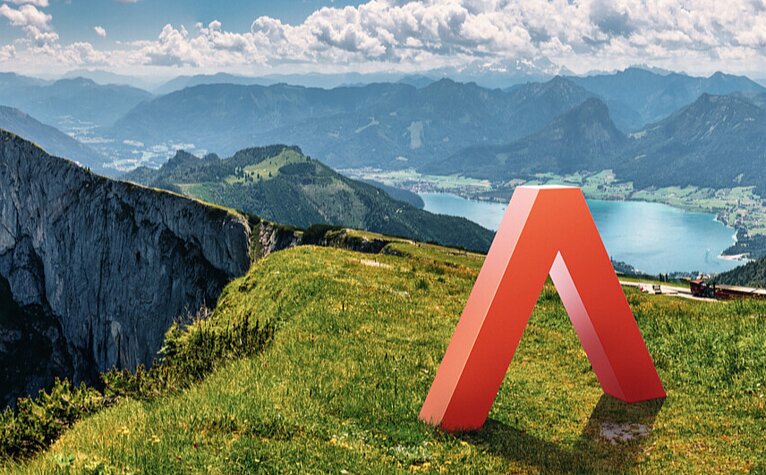 © digitalwerk
© digitalwerk
- Location advantages
- Life Sciences
- Research & development
- News
Life Sciences in Austria – The Ecosystem
19. September 2024The life sciences ecosystem in Austria is characterized by a dynamic and diverse landscape shaped by numerous players. It encompasses a broad range of activities, from basic research and applied research to company formation and marketing. This ecosystem is of special importance for the country’s innovative strength and competitiveness.
Clusters play a key role in all of this. These networks promote the collaboration of companies, research facilities and other relevant players. There are several life sciences clusters in Austria which specialize in different areas or regions. As an umbrella association, Life Science AustriaLife Science Austria () (LISA) bundles the interests of the sector or several clusters and generates international visibility. Other clusters are Life Science Cluster TirolLife Science Cluster Tirol () and LISAviennaLISAvienna (), which promote regional strengths and accelerate know-how transfer.
Universities and research institutions also serve as major pillars of the Austrian life sciences ecosystem. Universities such as the Medical University of ViennaMedical University of Vienna (), the Medical University of GrazMedical University of Graz () and the Vienna University of TechnologyVienna University of Technology () are not only important educational institutions but also centres of world-class research. Numerous innovations are developed here and transferred to industry via spin-offs and cooperation agreements.
Funding offers and infrastructure
Another decisive factor is research funding. Programmes such as the Austrian Research Promotion Agency Austrian Research Promotion Agency ()(FFG) and the Austrian Science FundAustrian Science Fund () (FWF) offer financial support for research projects. This funding enables established researchers as well as young scientists to turn their ideas into reality and develop innovative solutions.
The available infrastructure e.g., laboratory space also plays an important role alongside financial support, especially for young companies. Modern laboratories are essential for the research and development of new technologies and products. They also involve high investment costs. Here is where Abundance GateAbundance Gate () gets involved. The biotech startup accelerator offers modular laboratories including equipment for rent in Vienna. It has state-of-the-art laboratory space at its disposal, developed especially for startups and young companies. At present it has space covering about 1,200 m². However, when it is completed, the campus scheduled to be finished in 2025 will extend over an area of 18,000 m².
Relevant events support networking and an exchange of views in the sector, also far beyond Austria’s borders. These include the Biotech Summit AustriaBiotech Summit Austria (), scheduled to be held this year in Innsbruck from 10-11 October, along with the Health Innovation Summit Vienna 2024Health Innovation Summit Vienna 2024 () on 23 October as well as the European Summit of Industrial BiotechnologyEuropean Summit of Industrial Biotechnology () which will take place in Graz from 12-14 November.
Licenses: quicker and easier
If a new product has reached market maturity, it obviously still requires regulatory approval. In this regard, there is excellent news when it comes to medical products. Starting in May 2024, Austria now has a separate national licensing body for medical products, namely QMD Services, a subsidiary of Quality Austria – Trainings, Zertifizierungs und Begutachtungs GmbHQuality Austria – Trainings, Zertifizierungs und Begutachtungs GmbH (). QMD Services is thus one of only eleven licensing bodies for medical products and in-vitro diagnostics in the entire European Union. As a result, the necessary approval process will not only be faster for Austrian companies in the future, but also simpler.